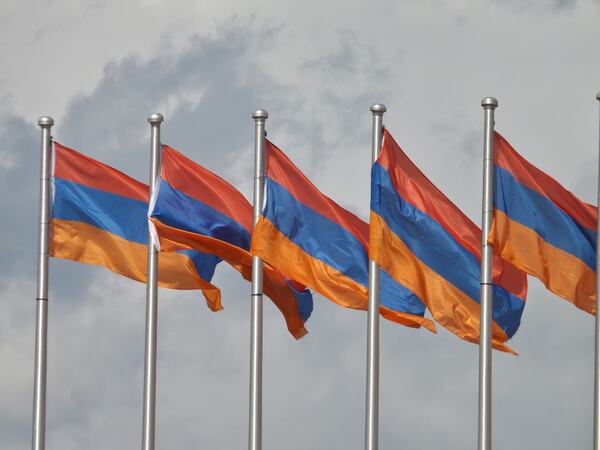
A populist move may be made by a leader who was elected by the people to fulfill the popular desire and increase electoral support. This results in nationalistic and populist foreign policy maneuvers that run a significant risk of having regional or perhaps even global repercussions if it is reproduced in the management of external affairs.
This theoretical idea is best shown by the external strategy of Armenia since the so-called Velvet Revolution in April 2018. Soon after Prime Minister Nikol Pashinyan assumed the position, observers became aware of the new government’s populist tendencies.
Although this populism may threaten Armenia’s domestic sociopolitical and economic stability in the medium to long term, Pashinyan’s use of this strategy in foreign policy may prove to be much more detrimental to Armenia and the surrounding regions.
Pashinyan embraces populist statements about the policies of Armenia vis-à-vis Azerbaijan and Turkey, in an obvious attempt to create a rally-around-the-flag effect, having failed to deliver on the majority of his promises regarding the economic development of the country and shown a not-so-successful fight against the humanitarian and economic consequences of the Covid-19 pandemic.
His August 2019 declaration that “Karabakh is Armenia, period” was the first significant example of populism being adopted at the highest level of political administration.
The narratives guiding Pashinyan’s government’s foreign strategy have become increasingly populist. This summer, when Armenians flocked to commemorate the 100th anniversary of the Treaty of Sevres, which was an attempt by the Allies of World War I to dismantle the Ottoman Empire and divide its territory, this may have reached its height.
Armenia has rejected other documents that call for the resolution of the Armenia-Azerbaijan conflict and the restoration of Azerbaijan’s internationally recognized territorial integrity in light of the implicit adoption of territorial propositions of the Treaty of Sevres as its external strategy objectives.
Most significantly, over the past few months, the Armenian government has rejected the OSCE’s Minsk Group’s Madrid Principles, a proposal for a settlement.
Last modified: October 25, 2022
